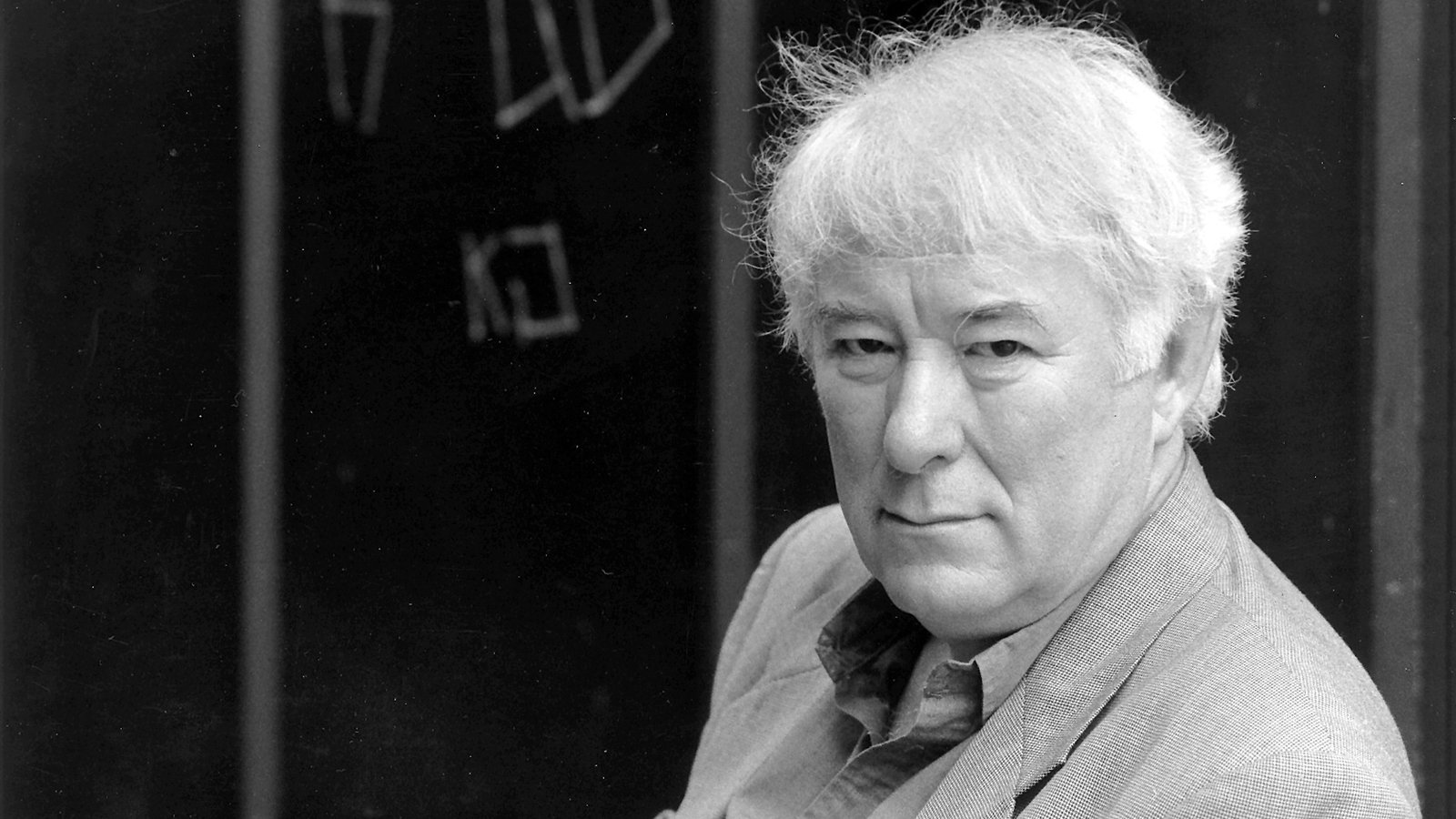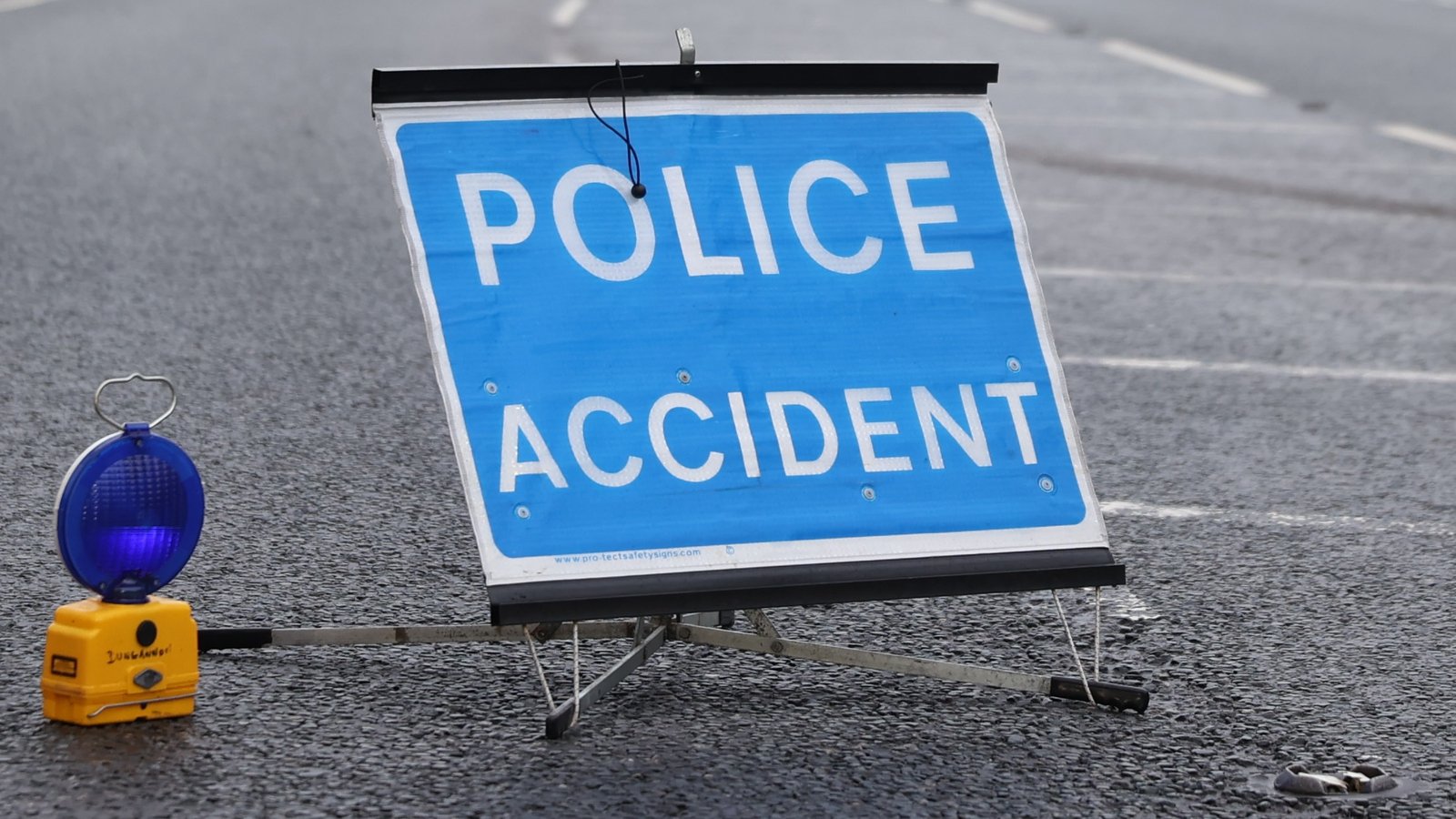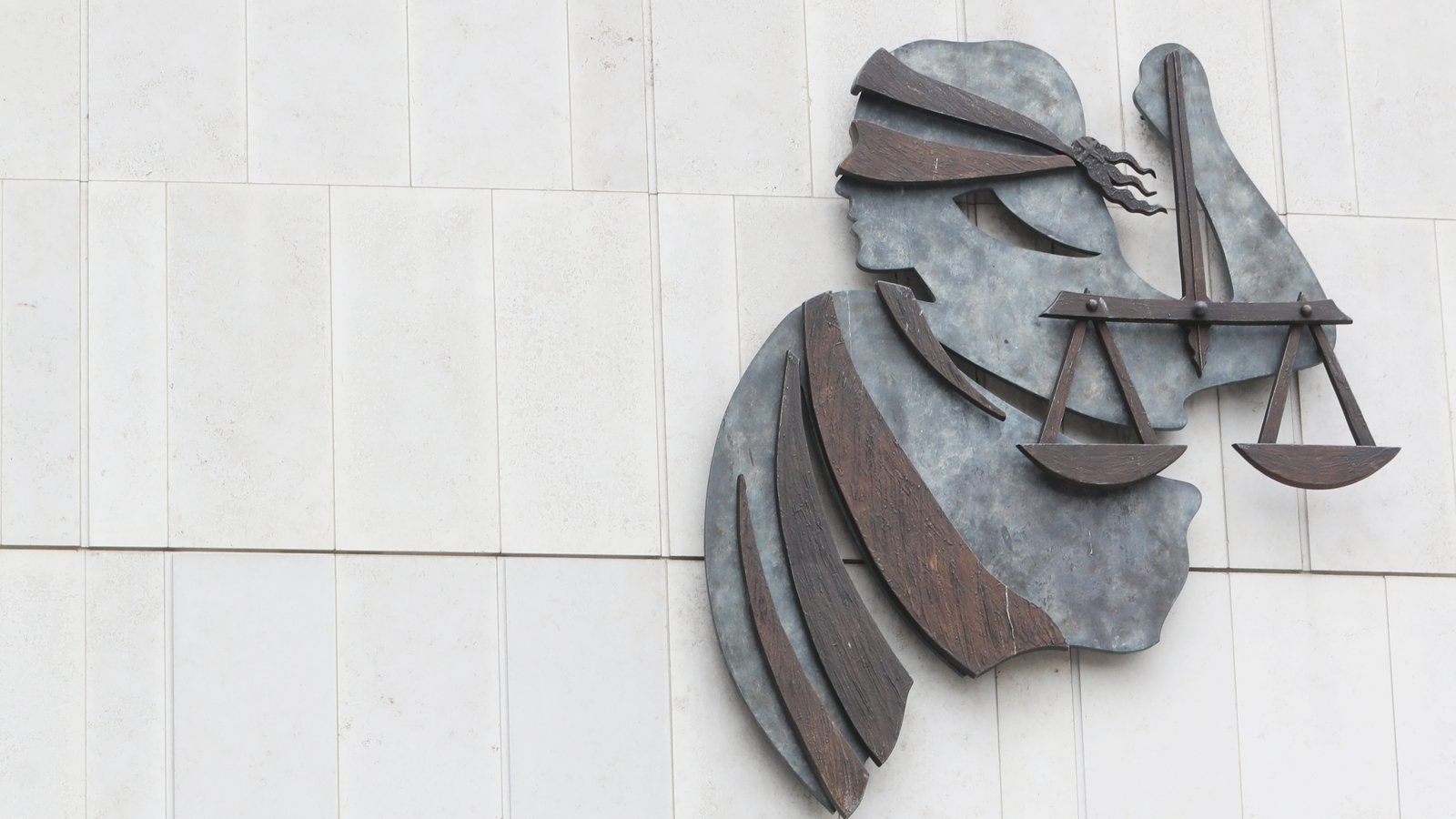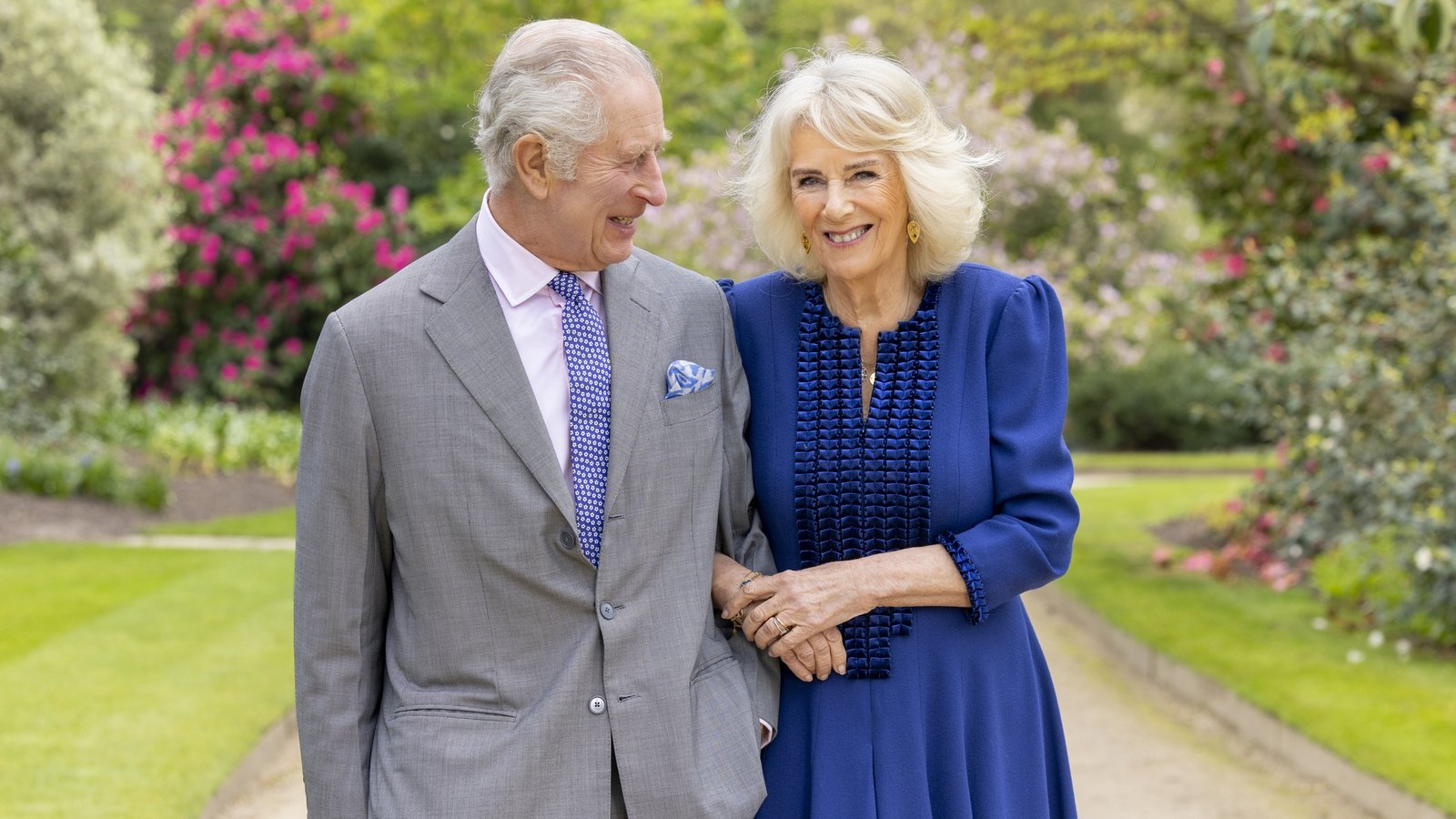Child mental health supports ‘largely non-existent’
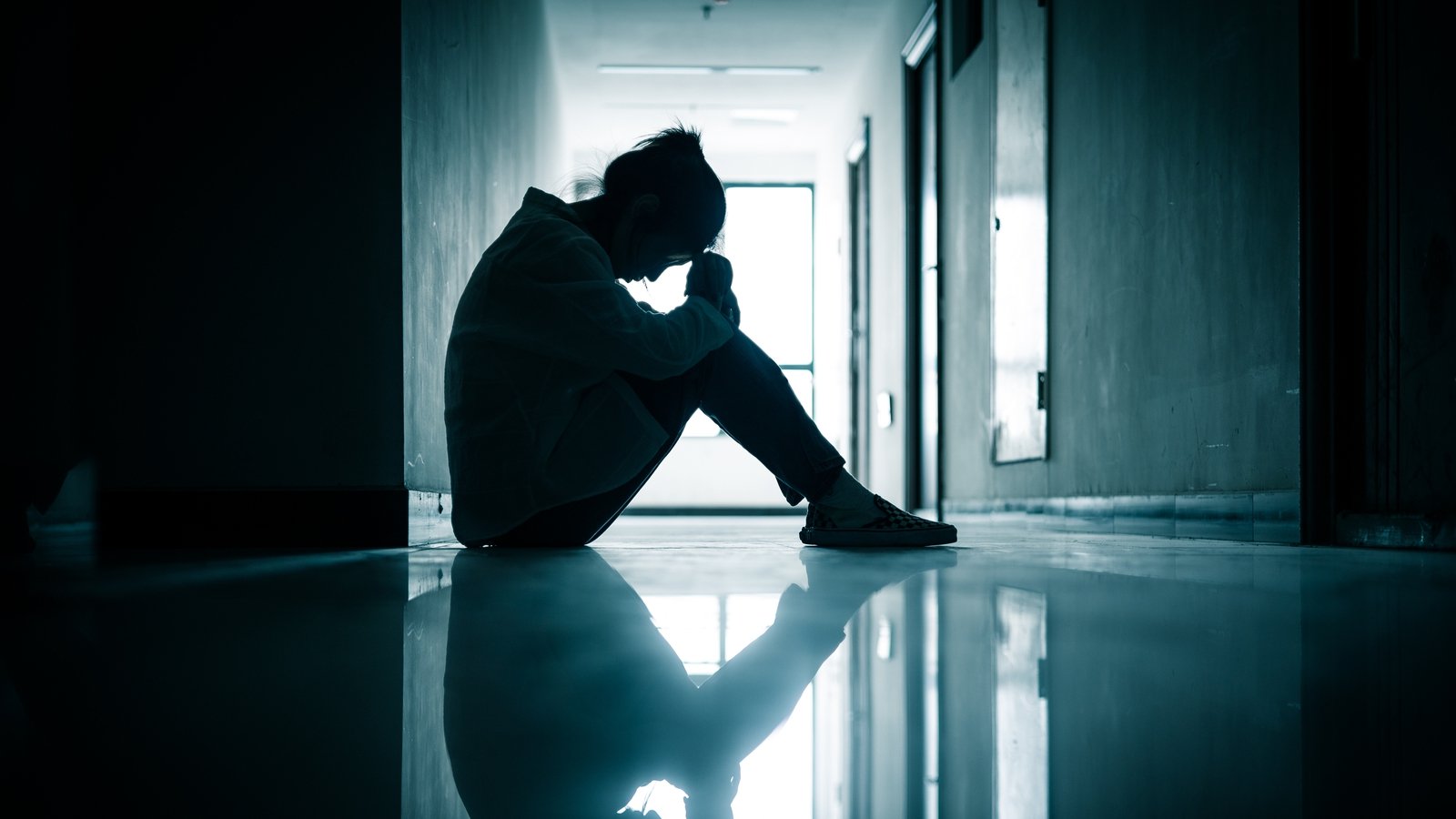
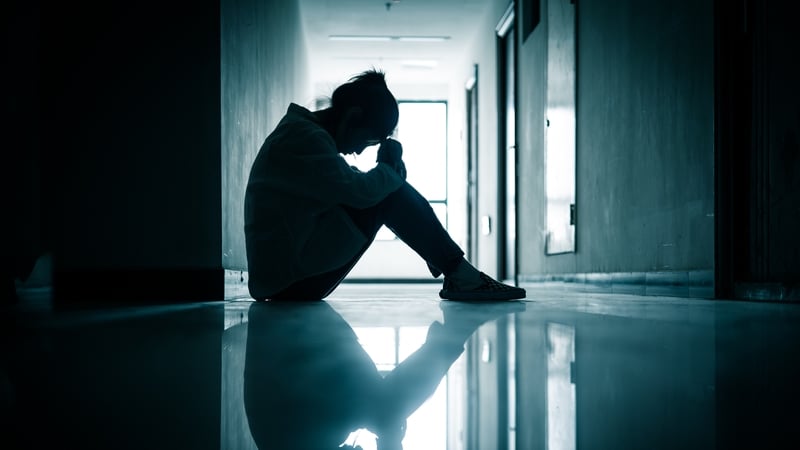
Families seeking reform of the Child and Adolescent Mental Health services (CAMHS) say it was not until they went looking for help, that they realised that mental health supports and a functioning service were largely non-existent.
Families for Reform of CAMHS told the Joint Oireachtas Committee on Health that children across Ireland are being failed and families left alone without adequate support at a time when they need it most.
A series of reports last year from the Inspector of Mental Health Services and the Mental Health Commission highlighted serious issues with CAMHS.
Among the problems were very long waiting lists and serious staffing shortages in some CAMHS teams.
The organisation told the committee that while the Government and the Health Service Executive have acknowledged service deficits, families have seen no real reform or real commitment to bring about change.
The organisation represents 820 members.
It was joined at the committee by two other parents, Grainne Morrison and Emer Deasy.
Ms Morrison described the system as a postcode lottery and “a disaster”, with some families forced to seek private treatment costing thousands of euro.
The organisation said that the system is overwhelmed and poorly governed with inadequate staffing and resources.
It has put the waiting lists at around 4,400 children waiting for first time CAMHS appointments.
It told the committee that therapeutic supports are extremely hard to access and children are often only offered medication and that families have been told that their child would be discharged if they did not accept medication.
The organisation said that just 12% of CAMHS patients have a care plan and a key worker.
It added that 85% of its members with an autistic child said that having a diagnosis of autism has negatively impacted the service and support received by their child in CAMHS.
It said that anxiety or depression was just dismissed as being part of autism, rather than acknowledging and offering support for the actual mental health issues being experienced.
Some members are being advised by their GPs, teachers, social workers and other experts not to disclose a diagnosis of autism as it was widely recognised as a barrier to gain help from CAMHS.
The organisation told the committee that 81% of its members who have children with intellectual disabilities have no access to any mental health service.
It said that since September 2022, children with intellectual disabilities are no longer accepted by CAMHS but are to be seen by the specialist service known as CAMHS-ID.
The organisation said that the service largely does not exist and there are only four or five partial teams when there should be 16.

